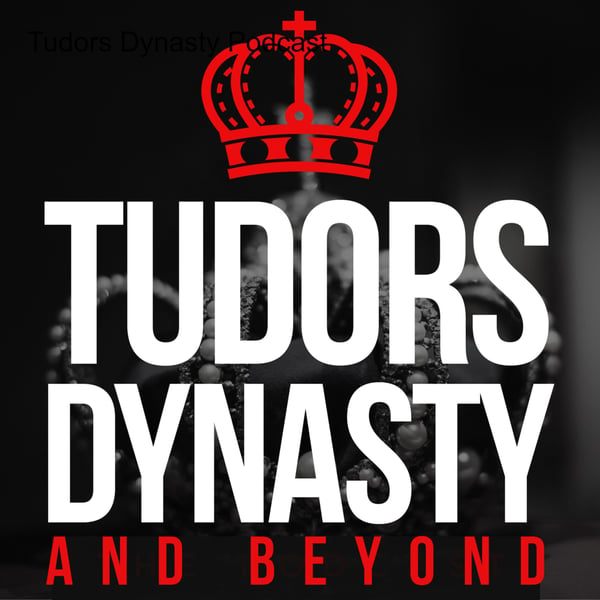Hands-On History: Finding Your Way in Heritage
Tudors Dynasty
RedTop Media / Rebecca Larson
4.4 • 794 Ratings
🗓️ 28 June 2022
⏱️ 25 minutes
🧾️ Download transcript
Summary
In this episode of HoH, Heather chats with Caroline Pantling. Caroline in the Head of Heritage for the Scouts in the UK. Find out what led her down that path and learn a bit about the Scouts as well!
Credits:
Host: Heather R. Darsie
Guest: Caroline Pantling
Edited by: Rebecca Larson
Voice Over: David Black
Music: Ketsa, Alexander Nakarada, and Winnie the Moog via FilmMusic.io, used by EXTENDED license.
To find out more about the Scouts Heritage Collection visit https://heritage.scouts.org.uk/
To plan a visit to Gilwell Park and find out more about the heritage offer visit https://www.scoutadventures.org.uk/gilwell-park-heritage
--- Support this podcast: https://podcasters.spotify.com/pod/show/rebecca-larson/supportTranscript
Click on a timestamp to play from that location
| 0:00.0 | This is the Tudors Dynasty podcast. |
| 0:17.3 | And now, Hands on History with Heather. |
| 0:21.6 | Hello, everyone. |
| 0:25.2 | This is Heather Darcy with the Tudor's Dynasty podcast. |
| 0:32.4 | This is the hands-on history segment where we talk to different people who do work and interact with history as part of their jobs. |
| 0:44.2 | I'm delighted to be joined by Caroline Pantling this morning, who is the head of heritage for the Scouts in the United Kingdom. Good morning or a good afternoon to you, I should say. Yeah, three o'clock here. Yeah, lovely to meet you. |
| 1:08.5 | Lovely to meet you too. So tell us a little bit of the just general background of the Scouts. So the origins of the Scouts as a movement go back to 1907 when Robert Baden Powell, who by this point had been a career soldier for many years and had become a hero of the British Empire, had come back home from the Boer War. And he had written a small training manual for use by soldiers |
| 1:13.0 | called AIDS to scouting. And it was basically, it was a little pocket-sized red book, which |
| 1:17.7 | could fit in the top of top bucket of your tunic. So it's really like a little hands-on guide. |
| 1:22.2 | And it was partly to, it was to provide new ways of training soldiers because the level of training he didn't feel was very good. |
| 1:29.5 | But it provided a lot of sort of more interactive rather than didactic training things, |
| 1:34.7 | a lot more sort of games and practical activities rather than lectures, |
| 1:39.8 | which tended to be quite a lot of training. |
| 1:42.2 | And when he came back from the Boer War, |
| 1:44.5 | he found that actually this book had reached an unknown audience. And it was being used by |
| 1:50.3 | youth groups like the Boys Brigade, YMCA, school groups, church groups, as fun outdoor activities |
| 1:58.5 | for young people. And over the next few years, he was convinced by his friend who had started the Boys Brigade |
| 2:05.8 | and a publisher who he met called Arthur Pearson, |
| 2:09.7 | but actually there was something in this. |
| 2:11.8 | And he could change what he'd written from a military point of view, |
| 2:15.4 | take away a lot of the military elements, |
| 2:23.3 | and replace it with stories of sort of frontiersmen and explorers, sort of boys' own heroes, and make it into a training scheme. He's initially thought just for boys. And so he, in 1907, |
... |
Please login to see the full transcript.
Disclaimer: The podcast and artwork embedded on this page are from RedTop Media / Rebecca Larson, and are the property of its owner and not affiliated with or endorsed by Tapesearch.
Generated transcripts are the property of RedTop Media / Rebecca Larson and are distributed freely under the Fair Use doctrine. Transcripts generated by Tapesearch are not guaranteed to be accurate.
Copyright © Tapesearch 2025.

